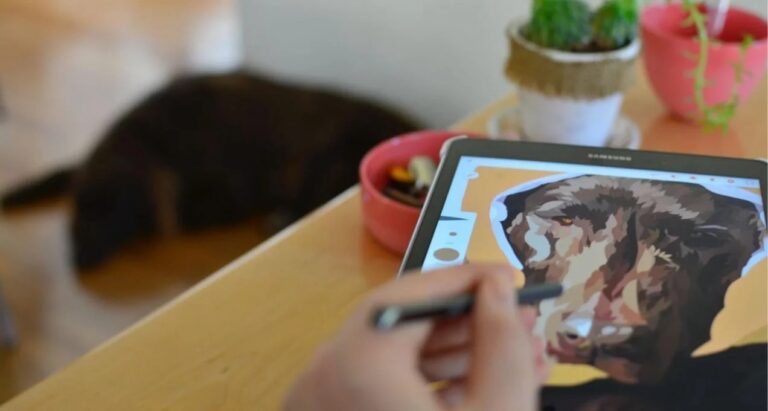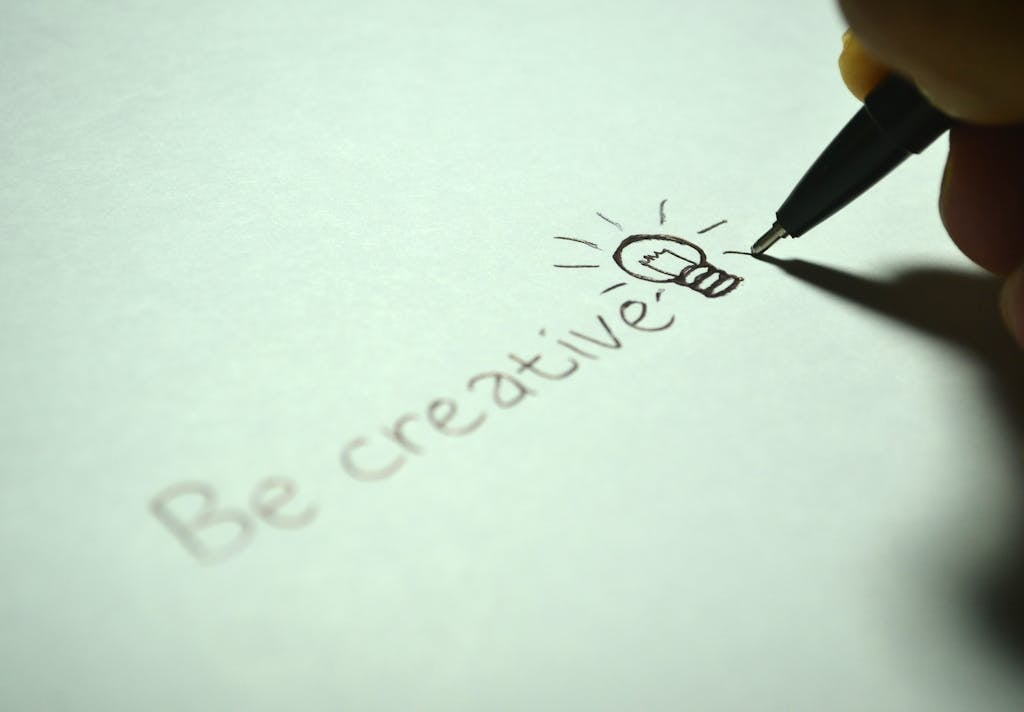Iterative creativity and rapid prototyping represent a paradigm shift in the development of advertising campaigns, moving away from a linear, waterfall model towards a more dynamic, agile approach. This methodology, central to the ethos of the Multi-dimensional Advertising Ecosystem Hub, emphasizes the continuous refinement of ideas through successive iterations, allowing for innovation and creativity to flourish. Let’s delve into the essence of this approach and its transformative impact on advertising.
The Essence of Iterative Creativity
Iterative creativity is founded on the principle that the first idea, while potentially groundbreaking, can almost always be improved upon. This approach encourages teams to develop, test, and refine ideas in cycles, learning from each iteration to enhance the final output. It’s a departure from the traditional approach where ideas are often developed in isolation before being fully executed, limiting the scope for adaptation and optimization.
The Role of Rapid Prototyping
Rapid prototyping is the practical application of iterative creativity. It involves quickly creating a workable version of an idea to test its viability, gather feedback, and identify areas for improvement. In the context of advertising, this could mean developing mock-ups of ad concepts, beta versions of digital campaigns, or storyboard sketches for video content. These prototypes are not meant to be perfect; their purpose is to bring ideas to life in a tangible form that can be evaluated and refined.
Benefits of Iterative Creativity and Rapid Prototyping
- Enhanced Creativity: This approach breaks down the fear of failure, encouraging teams to push boundaries and explore creative ideas that might otherwise be deemed too risky. Knowing that an idea will undergo several iterations provides the freedom to experiment.
- Increased Flexibility: Rapid prototyping allows for adjustments based on real-world feedback, ensuring that the final campaign is as effective as possible. This flexibility is particularly crucial in today’s fast-paced media environment, where audience preferences and digital platforms are constantly evolving.
- Cost Efficiency: By identifying potential issues or ineffective concepts early in the development process, teams can avoid the significant costs associated with making changes to fully developed campaigns. This early validation saves resources and directs budgets towards the most promising ideas.
- Engagement with Stakeholders: Iterative creativity and rapid prototyping involve clients and other stakeholders in the creative process, allowing for their input and ensuring that the final product closely aligns with their expectations and objectives. This collaborative process can strengthen relationships and build trust.
Implementing Iterative Creativity in the Advertising Ecosystem
- Cultivate a supportive culture: Encourage an environment where all team members feel comfortable sharing ideas and receiving constructive feedback. Celebrate creativity and the learning process inherent in iteration.
- Leverage digital tools: Utilize software and platforms that facilitate rapid prototyping and easy sharing of concepts. Tools that allow for real-time collaboration can significantly speed up the iteration cycles.
- Incorporate user feedback: Develop mechanisms for quickly gathering user feedback on prototypes, whether through digital analytics, focus groups, or social media engagement. This feedback is invaluable for guiding subsequent iterations.
- Iterate across disciplines: Apply iterative creativity not just in the creative design phase but across all aspects of the campaign, including strategy, media planning, and execution. This ensures a cohesive and thoroughly optimized campaign.
Conclusion
Iterative creativity and rapid prototyping are not merely methodologies but a mindset that can profoundly transform the advertising process. By adopting these principles, the Multi-dimensional Advertising Ecosystem Hub enables advertising professionals to navigate the complexities of modern media landscapes with agility and confidence. This approach ensures that creativity is not a finite resource but a renewable one, continually enhanced through collaboration, experimentation, and feedback. In an industry where the ability to adapt and innovate is paramount, iterative creativity and rapid prototyping offer a roadmap to crafting advertising campaigns that are not only creative and impactful but also deeply resonant with audiences in an ever-changing digital world.





